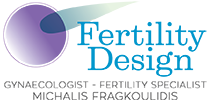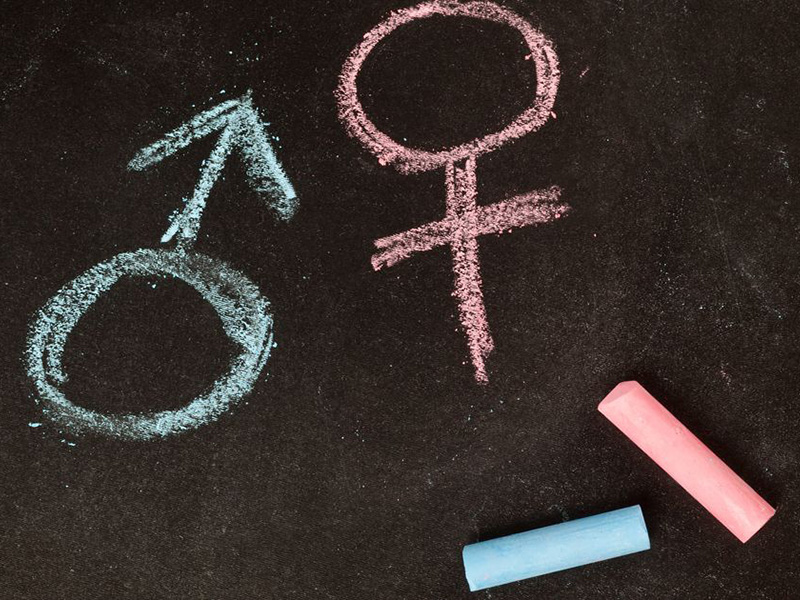Ovarian Hyperstimulation: What actually is it and how i can protect myself?

THE VALUE OF HAVING AN INFERTILITY MENTOR
September 3, 2018
Artificial Ovary opens the path to Motherhood after Ovarian Cancer
November 30, 2018
Ovarian hyperstimulation is a condition (iatrogenic complication) that can occur in women with an increased number of follicles (polycystic ovaries) and especially in younger women undergoing fertility treatments by IVF. It is due to the excessive ovarian response to exogenous gonadotropin administration even at times and in small dosages.
Depending on the severity of the symptoms and the clinical picture of the woman, it can be characterized as a mild – moderate – severe condition and occurs before or after the embryo transfer.
In the case of a mild hyperstimulation the treatment is conservative and the woman does not need to be hospitalised whereas in case of a moderate or severe hyperstimulation it usually takes intra-hospital treatment with laboratory tests to better monitor vital signs, intravenous medication and in case of increased ascetic fluid in the abdomen with vaginal puncture.
Prevention of this medical complication focuses mainly on:
- Determination of high risk women
- Correct selection of ovarian stimulation protocol
- Proper and low-dose medications (gonadotropins)
- Achieve stable E2 levels
- Dose of HCG on the last day of stimulation.
- The existence of overstimulation does not reduce the likelihood or progression of a pregnancy.
In these cases the following symptoms are usually observed:
- Sudden weight gain
- Strong swelling of the abdomen before or 2-3 days after oocyte
- Breathing difficulty
- Motion sickness
- Vomiting
- Stomach ache
- Reduced urine volume Ovarian hyperstimulation should be treated immediately.
If not treated properly, then it may develop into a serious medical condition.
If your doctor thinks that you are likely to develop ovarian hyperstimulation, then you should modify your activity and diet as follows:
- Minimize salt in your foods.
- Increase fluid consumption and drink 10-12 glasses a day of fruit or beverage juices with electrolytes. You can drink water only if you can not tolerate the previous ones. Do not drink refreshments containing sugar or refresh light.
- Avoid white bread, pasta, and white rice. You can consume small quantities of whole grain products – macaroni, bread, rice paddy.
- Reduce food intake with high sugar content: biscuits, sweets, ice cream, ketchup and various other prepared sauces.
- Increase protein intake: egg whites and lean meat (fish, poultry).
- Rest and relax physical activities (exercise or sexual contacts).
- Weigh yourself daily and score your weight. If your weight rises sharply (eg 1 ½ kg within 1 day), then you must let us know.
- Increase abdominal perimeter. Every morning you measure the perimeter of your abdomen at the height of the umbilicus. If you notice a difference from one day to another greater than 2-3 cm please let us know.
You must contact us if you feel any of the following:
- Breathing difficulty
- Nausea accompanied by vomiting
- Pain in the abdomen that does not retreat
- Swelling in the abdomen
- Reduced volume of urine (while drinking a normal amount of fluid) dark in color.
You should also be aware that in the event of pregnancy symptoms may become more pronounced due to the production of hormones to support pregnancy. However, the symptoms all retreat after the 8th week of pregnancy.




